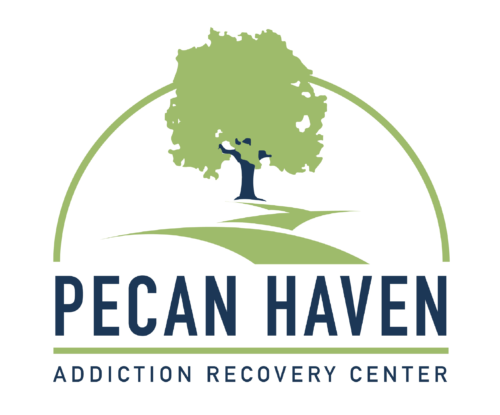Understanding Campral
Campral, known generically as acamprosate, is a medication used primarily to help individuals maintain sobriety after quitting alcohol. It is a critical component in the treatment of alcohol dependence and works by restoring the chemical balance in the brain that is often disrupted by prolonged alcohol use. For those struggling with alcohol addiction, understanding how Campral works and its effects on the body can be essential in the journey to recovery.
How Campral Works
Campral is part of a class of medications called alcohol deterrents. Unlike other medications used in the treatment of alcohol dependence, such as disulfiram or naltrexone, Campral does not produce adverse reactions if alcohol is consumed. Instead, it works by normalizing brain activity. Chronic alcohol consumption can lead to an imbalance in the neurotransmitters in the brain, particularly glutamate and GABA (gamma-aminobutyric acid). Glutamate is an excitatory neurotransmitter, while GABA is inhibitory. Prolonged alcohol use tends to enhance the effects of GABA and inhibit glutamate, creating a sedative effect.
When an individual stops drinking, this balance is disrupted, leading to withdrawal symptoms and cravings. Campral helps to stabilize the activity of these neurotransmitters, reducing the discomfort associated with withdrawal and helping to diminish the cravings for alcohol. By doing so, it supports individuals in maintaining abstinence from alcohol.
Effects on the Body
Campral is usually taken orally, in the form of tablets, three times a day. It is generally well-tolerated, but like all medications, it can cause side effects. Common side effects include:
1. Digestive Issues
Diarrhea, nausea, and vomiting are the most commonly reported side effects. These tend to be mild and often diminish with continued use of the medication. However, staying hydrated and maintaining a balanced diet can help mitigate these effects.
2. Central Nervous System Effects
Some people may experience dizziness, fatigue, or insomnia. These effects are typically mild and transient. In rare cases, patients might report headaches or changes in vision, which should be discussed with a healthcare provider.
3. Skin Reactions
Although rare, some individuals might develop a rash or experience itching. It is important to monitor any skin changes and consult with a doctor if they persist.
It is important to note that Campral is not metabolized by the liver, making it a suitable option for individuals with liver impairment, which is common among those with a history of heavy alcohol use. Instead, it is excreted unchanged by the kidneys, so individuals with significant renal impairment may need dosage adjustments. Regular kidney function tests are recommended to ensure safe use.
The Importance of a Comprehensive Treatment Approach
While Campral can be highly effective in supporting sobriety, it is most beneficial when used as part of a comprehensive treatment plan. This plan typically includes counseling, behavioral therapies, and support groups. The medication helps to manage the physical aspects of addiction, but addressing the psychological and social factors is equally important for long-term recovery. Combining Campral with therapies like cognitive-behavioral therapy (CBT) and motivational interviewing can enhance the overall effectiveness of the treatment.
In addition, support from family and friends, along with participation in group therapy or 12-step programs, can provide a robust support network that fosters a sustainable recovery. Nutritional counseling and physical exercise programs are also valuable components of a holistic treatment approach, helping to rebuild physical health and mental well-being.
Contact Pecan Haven Addiction Recovery Center Today
At Pecan Haven Addiction Recovery Center, located in Monroe, Louisiana, we offer a range of treatment services, including residential programs, intensive outpatient programs, and residual detox programs. Our dedicated team provides specialized care for alcohol addiction, drug addiction, and dual diagnosis. Utilizing medications like Campral as part of our treatment plans allows us to offer a holistic approach to recovery, addressing both the physical and psychological aspects of addiction.
If you or a loved one are struggling with alcohol dependence, our team at Pecan Haven is here to help. Contact us at (318) 600-3333 to learn more about our services and how we can support your journey to recovery.
